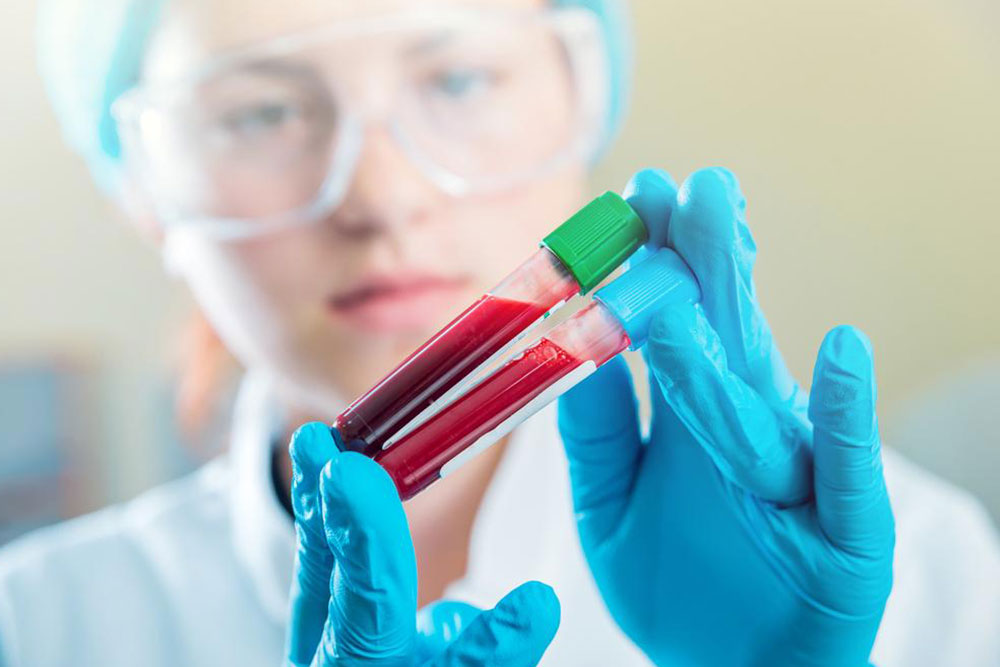Key Signs and Symptoms of Advanced Stage 3 Kidney Disease
This article details the essential signs and symptoms of stage 3 kidney disease, including fatigue, swelling, back pain, urinary changes, and more. Early recognition of these symptoms can facilitate timely medical intervention. Understanding these indicators is crucial for managing the disease effectively and preventing progression. The content aims to educate readers about the critical aspects of stage 3 kidney impairment and emphasizes the importance of professional healthcare consultation for proper diagnosis and treatment.

Key Signs and Symptoms of Advanced Stage 3 Kidney Disease
Stage 3 kidney disease indicates significant impairment in kidney function. The kidneys' ability to filter waste diminishes considerably, leading to a buildup of toxins in the bloodstream, a condition known as 'Uremia'. Patients often develop additional health issues, including anemia, which can cause elevated blood pressure and joint discomfort.
This article highlights the critical symptoms associated with stage 3 kidney disease to help with early detection and management.
Fatigue – Persistent tiredness is common and can be mistaken for everyday exhaustion. If combined with other symptoms, it signals the need for medical evaluation.
Swelling – Reduced kidney function hampers fluid excretion, resulting in puffiness around the eyes, and swelling in hands, feet, knees, and ankles, especially noticeable in the mornings.
Lower Back Discomfort – Dull ache in the mid and lower back, often on one or both sides, is typical. This back pain, also called flank or loin pain, is frequently overlooked or misdiagnosed.
Altered Appetite – Changes in taste and reduced desire to eat are common at this stage.
Urine Changes – Variations in urination patterns include increased or decreased frequency, dark or tea-colored urine, or presence of blood. In severe cases, urine may appear clear due to total filtration failure.
High Blood Pressure – Hypertension is frequently observed due to impaired kidney function.
Digestive Issues – Gastrointestinal problems, including gastroparesis, may occur, affecting nutritional absorption.
Nocturia – Increased urination during the night is a typical symptom.
Skin Changes – Persistent itching and paler skin appearance are common signs.
Breathlessness – Fluid buildup in the lungs can cause rapid shortness of breath.
Neurological and Cardiovascular Symptoms – Headaches, numbness, sleep disturbances, and chest pain from pericarditis may present.
Sexual Health – Decreased libido and erectile dysfunction are linked to kidney impairment.
Bone Pain and Fragility – Pain in bones and increased brittleness are signs of mineral imbalance.
Recognizing these symptoms early enables timely medical intervention, potentially preventing further complications.










